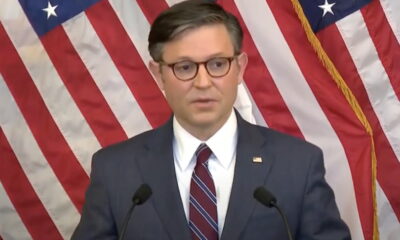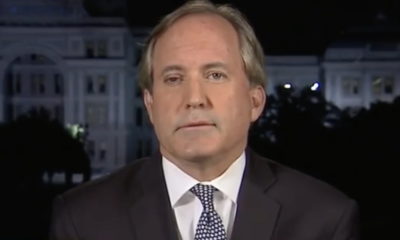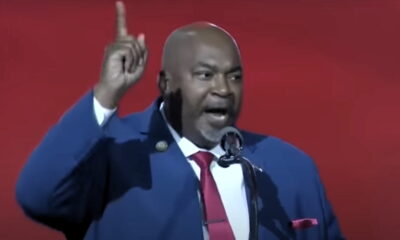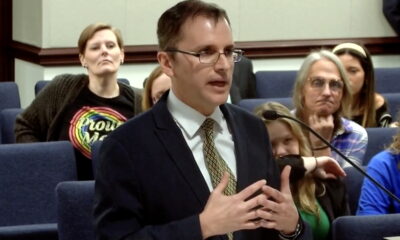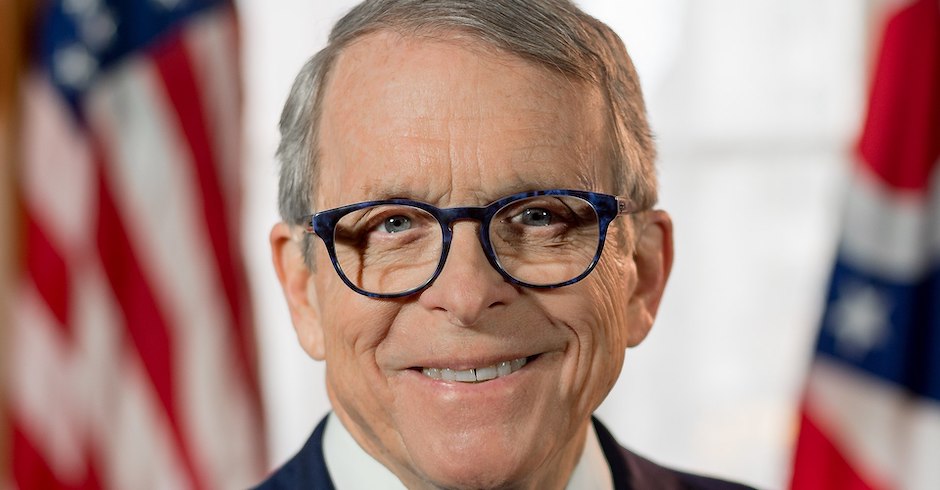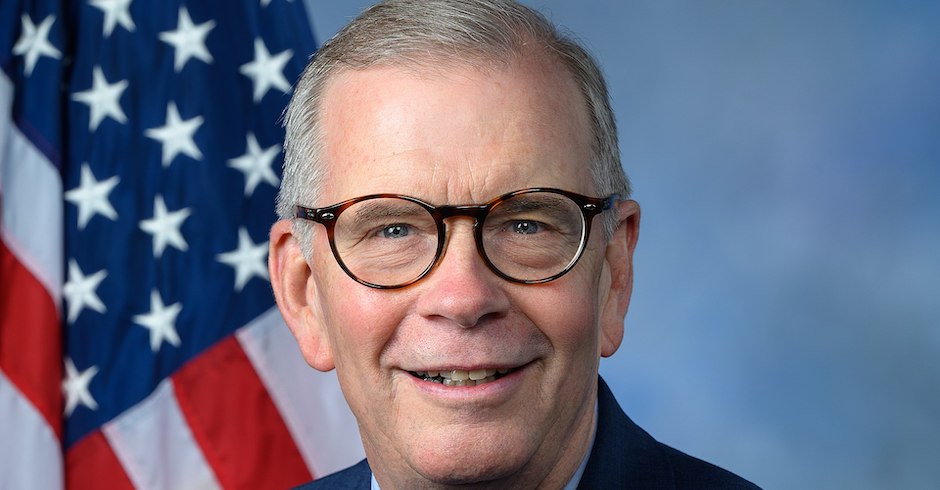LGBT
Colorado Becomes 18th State to Ban Conversion Therapy
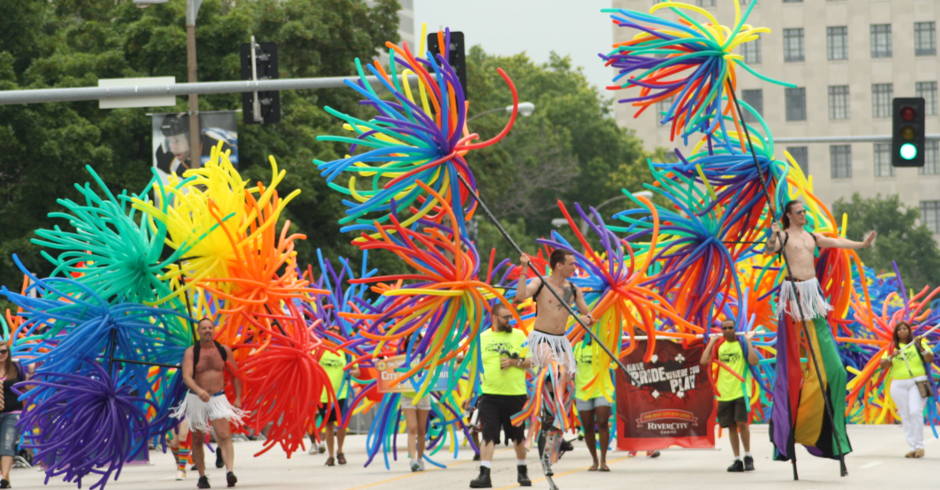
Today, Colorado House Bill 19-1129: Prohibit Conversion Therapy for Minors, goes into effect.
Sponsored by Representatives Dafna Michaelson Jenet, D-Commerce City, and Daneya Esgar, D-Pueblo, and Senator Steve Fenberg, D-Boulder, HB19-1129 bans a state-licensed medical or mental health care provider from engaging in the discredited, harmful practice of conversion therapy on a patient under 18 years of age in order to change their sexual orientation or gender identity. A physician or mental health care provider who violates this provision engages in unprofessional conduct under the applicable professional licensing board.
Colorado is the 18th state in the country to ban conversion therapy for minors.
A version of this bill was first introduced in 2015, and was introduced every session after. All were previously sent to kill committees in the Republican-controlled Senate after passing the House. This year, the bill passed with bipartisan support in both chambers.
One Colorado Executive Director Daniel Ramos said, “After five attempts in the last five years, Colorado has finally taken the significant step in protecting our LGBTQ youth by banning the dangerous and discredited practice of conversion therapy. Conversion therapy is based on the false claim that being LGBTQ is a mental illness that needs to be cured – a view that has been rejected as scientifically invalid by every major medical and mental health group. No young person should ever be shamed by a mental health professional into thinking that who they are is wrong. Mental health care should be ethical and affirming for all people – including LGBTQ young people. I applaud the Colorado General Assembly for their bipartisan support of this measure. Protecting our LGBTQ youth is not a partisan issue.”
One Colorado is the state’s leading advocacy organization for lesbian, gay, bisexual, transgender, and queer (LGBTQ) Coloradans.
Silas Musick, a survivor of conversion therapy and graduate of the Colorado-based Focus on the Family Institute, said, “Therapy with the purpose of guiding people to the best version of themselves is beneficial, healing, and can save lives. However, therapy where only one outcome is considered successful is harmful. After years of trying to change an unchangeable part of myself, I know I am valued and loved for who I am. I’m thankful our LGBTQ youth are now protected from this dangerous and discredited practice by medical and mental health professionals.”
On March 25, the Colorado Senate passed House Bill 19-1129: Prohibit Conversion Therapy for Minors on a bipartisan 21-13 vote. Senators Don Coram, R-Montrose, Kevin Priola, R- Henderson, and Jack Tate, R-Centennial, were the Republican votes in support of the bill.
On February 19, the Colorado House passed House Bill 19-1129: Prohibit Conversion Therapy for Minors on a bipartisan 42-20 vote. Representatives Colin Larson, R-Littleton, and Hugh McKean, R-Loveland, were the two Republican votes in support of the bill.
Governor Jared Polis, the country’s first openly gay elected governor, signed the bill into law on May 31, 2019.
Enjoy this piece?
… then let us make a small request. The New Civil Rights Movement depends on readers like you to meet our ongoing expenses and continue producing quality progressive journalism. Three Silicon Valley giants consume 70 percent of all online advertising dollars, so we need your help to continue doing what we do.
NCRM is independent. You won’t find mainstream media bias here. From unflinching coverage of religious extremism, to spotlighting efforts to roll back our rights, NCRM continues to speak truth to power. America needs independent voices like NCRM to be sure no one is forgotten.
Every reader contribution, whatever the amount, makes a tremendous difference. Help ensure NCRM remains independent long into the future. Support progressive journalism with a one-time contribution to NCRM, or click here to become a subscriber. Thank you. Click here to donate by check.
 |



